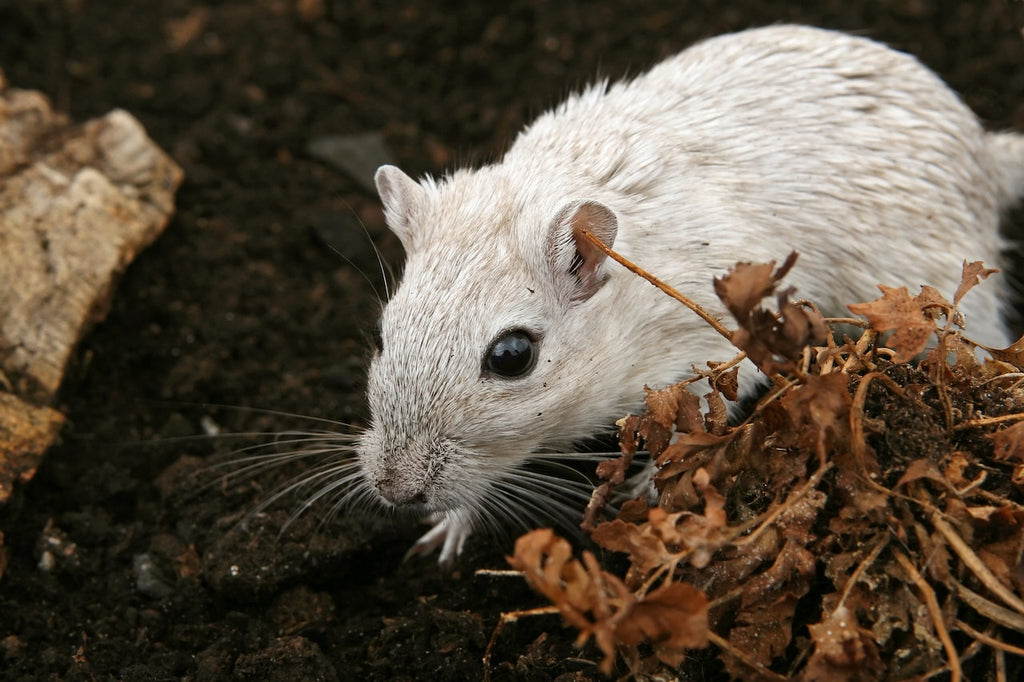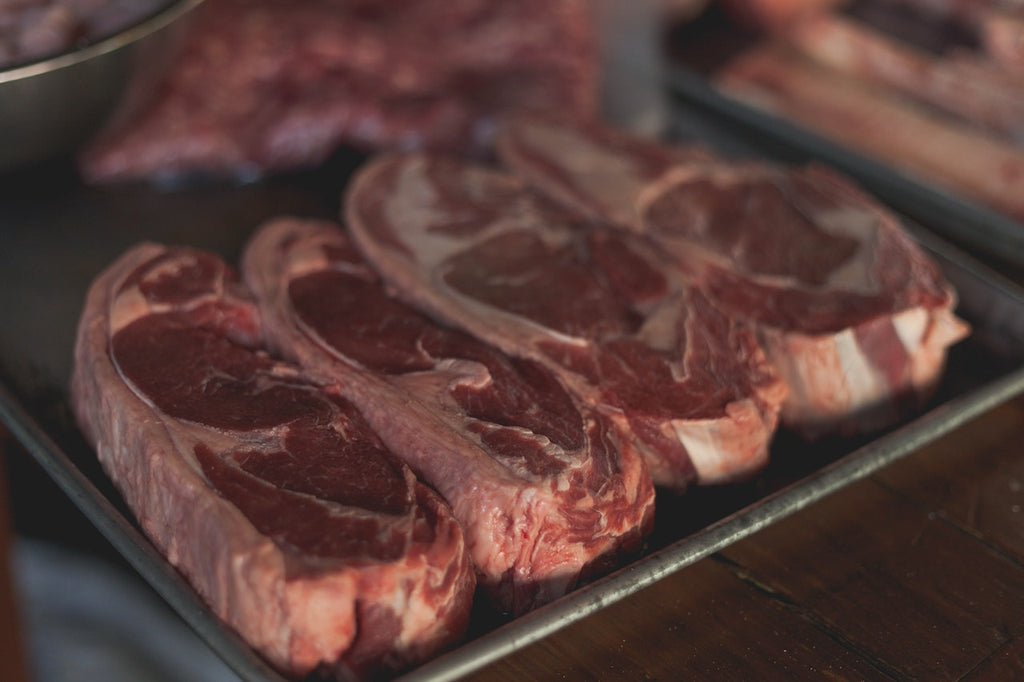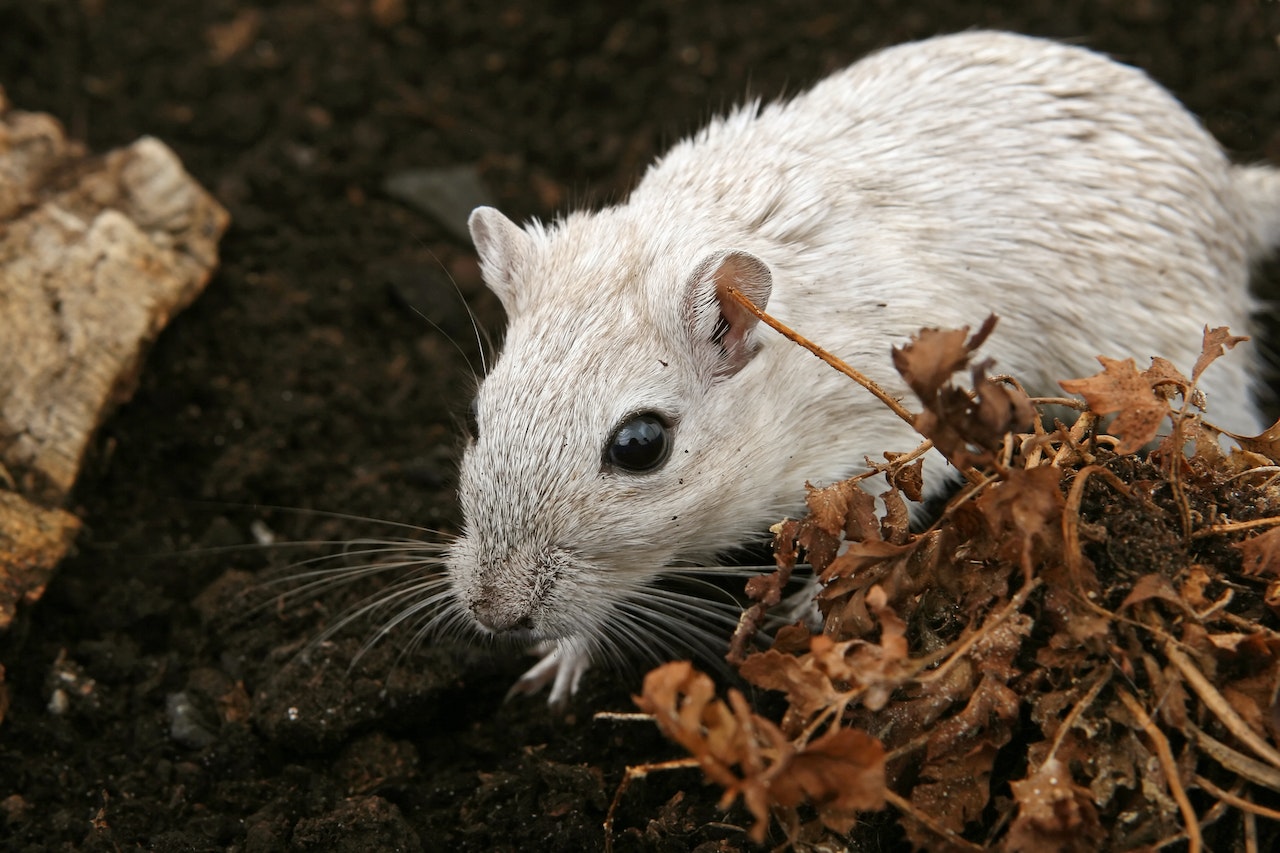
Gerbils are beloved pets known for their herbivorous nature, primarily consuming a diet rich in seeds, grains, and vegetation. However, as responsible pet owners and caretakers, it's natural to wonder about the potential benefits or risks associated with diversifying their diet. To address this curiosity, we'll explore the nutritional aspects, possible advantages, drawbacks, and safe practices when introducing meat into gerbil diets.
In this article, we will examine the possibility of incorporating meat into gerbils' diets in more detail. We will discuss the nutritional benefits of meat for gerbils, as well as the risks and considerations. We will also provide tips on how to safely incorporate meat into your gerbil's diet.
Can Gerbils Eat Meat?
When considering introducing meat into a gerbil's diet, it's crucial to understand their natural dietary preferences. Gerbils are herbivorous creatures by nature, which means their primary source of nutrition comes from plant-based foods. In the wild, their diet consists of seeds, grains, grasses, and other vegetation. This herbivorous nature has evolved over time to suit their digestive systems and metabolic needs.
However, this doesn't mean gerbils can't tolerate small amounts of protein from animal sources. In the wild, gerbils occasionally consume insects, small arthropods, and even the occasional bird egg. These instances provide them with limited animal-based protein.
It's important to recognize that while gerbils can technically eat meat, it should only be considered as a rare treat and not a regular part of their diet. The majority of their nutrition should still come from their natural herbivorous foods.

Risks and Considerations of Feeding Gerbils Meat
While meat can provide some nutritional benefits for gerbils, there are also some risks and considerations to keep in mind.
Bacterial contamination
Meat can be contaminated with bacteria, such as salmonella and E. coli. These bacteria can cause illness in gerbils, just as they can in humans. It is important to cook meat thoroughly before feeding it to your gerbil to kill any harmful bacteria.
Parasitic infection
Meat can also contain parasites, such as roundworms and hookworms. These parasites can cause health problems in gerbils, such as weight loss, diarrhea, and vomiting. It is important to freeze meat for at least 24 hours before feeding it to your gerbil to kill any parasites.
Health issues
such as diabetes, heart disease, and arthritis can be triggered by obesity. Moderating the amount of meat your gerbil consumes is crucial..
Nutritional imbalances
It is important to choose the right type of meat and prepare it properly to avoid nutritional imbalances in gerbils. For example, feeding your gerbil too much red meat can lead to iron overload.
Here are some tips for safely incorporating meat into your gerbil's diet:
Choose the right type of meat
The best type of meat to feed your gerbil is lean white meat, such as chicken or turkey. Avoid feeding your gerbil processed meats, such as sausage and bacon, as these are high in fat and sodium.
Ensure the meat is correctly prepared
Cook meat thoroughly before feeding it to your gerbil to kill any harmful bacteria. You can also freeze meat for at least 24 hours before feeding it to your gerbil to kill any parasites.
Feeding portions
Feed your gerbil meat in moderation. A good rule of thumb is to feed your gerbil no more than a small piece of meat the size of their head once or twice a week.
Monitor your gerbil's health
If you feed your gerbil meat, it is important to monitor their health for any signs of illness, such as weight loss, diarrhea, or vomiting. If you notice any problems, stop feeding your gerbil meat and consult with a veterinarian.
Safe Meat Options for Gerbils
If you decide to introduce meat into your gerbil's diet, it's crucial to choose safe options and prepare them appropriately. Here are some meat sources that are generally considered safe for gerbils:
Cooked Chicken or Turkey
Skinless, boneless, and thoroughly cooked chicken or turkey is a suitable option. It should be plain, without any seasonings, sauces, or spices.
Mealworms
Mealworms are a common choice for adding animal protein to a gerbil's diet. You have the option to present them either live or in freeze-dried form, and you can give them out sparingly as a special treat.
Boiled Eggs
Hard-boiled eggs (without the shell) are another protein-rich option. They should be finely chopped or grated before serving.
Crickets
Small, live crickets can be offered as an occasional treat. Ensure the crickets are from a reliable source and free from pesticides.
Commercial Gerbil Treats
Some pet stores offer commercially prepared treats that contain small amounts of meat. These can be given sparingly.
How to Safely Incorporate Meat into a Gerbil's Diet
To safely incorporate meat into your gerbil's diet, follow these steps:
Choose the appropriate sort of meat
The best type of meat to feed your gerbil is lean white meat, such as chicken or turkey. Avoid feeding your gerbil processed meats, such as sausage and bacon, as these are high in fat and sodium.
Ensure the meat is appropriately readied
Cook meat thoroughly before feeding it to your gerbil to kill any harmful bacteria. You can also freeze meat for at least 24 hours before feeding it to your gerbil to kill any parasites.
Meat should be cut into bite-sized pieces
Gerbils have small teeth, so it is important to cut meat into small pieces that they can easily eat.
Feed your gerbil meat in moderation
A good rule of thumb is to feed your gerbil no more than a small piece of meat the size of their head once or twice a week.
Monitor your gerbil's health
If you feed your gerbil meat, it is important to monitor their health for any signs of illness, such as weight loss, diarrhea, or vomiting. If you notice any problems, stop feeding your gerbil meat and consult with a veterinarian.
Conclusion
Whether or not to incorporate meat into your gerbil's diet is a personal decision. There are both potential benefits and risks to consider. If you do decide to feed your gerbil meat, it is important to choose the right type of meat, prepare it properly, and feed it in moderation. It is also important to monitor your gerbil's health for any signs of illness.

